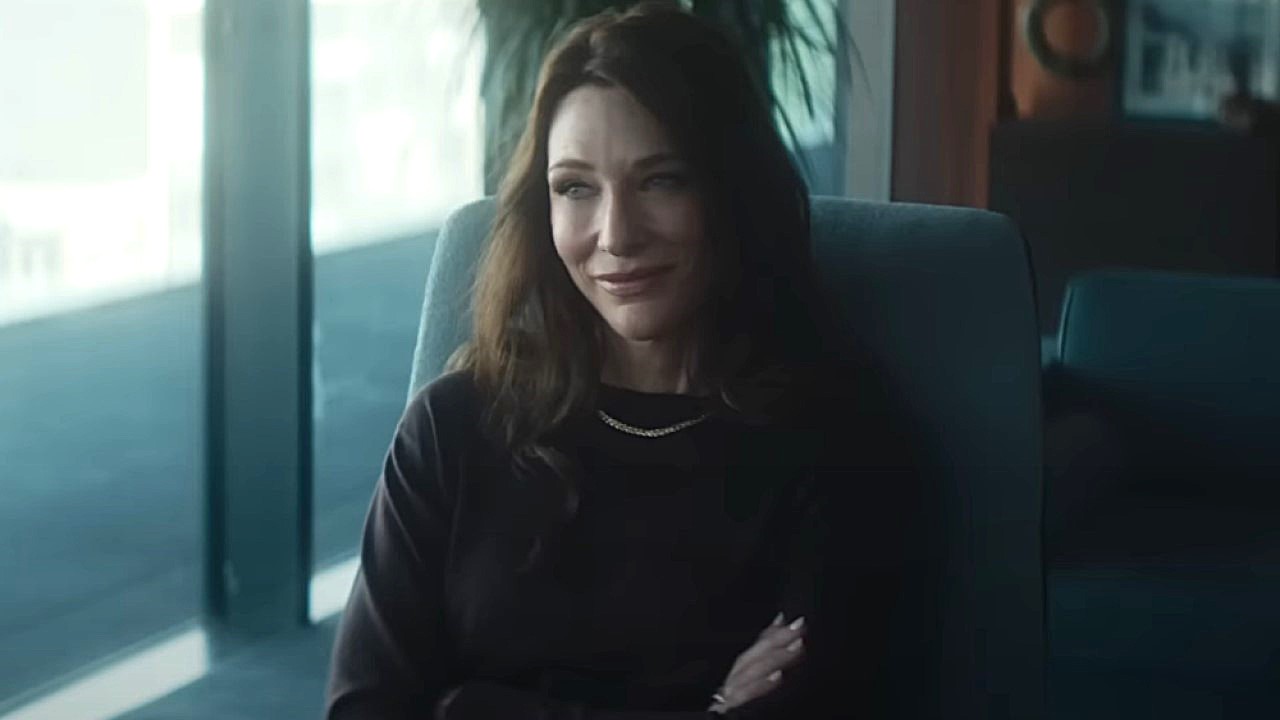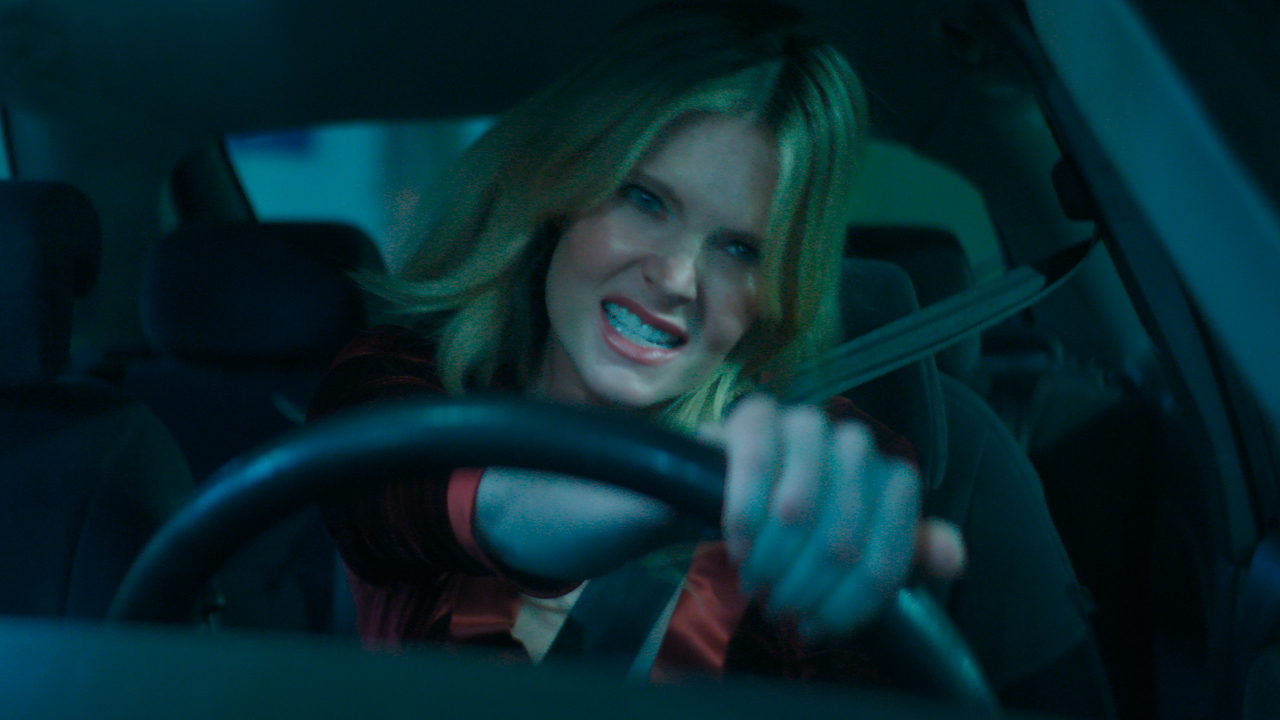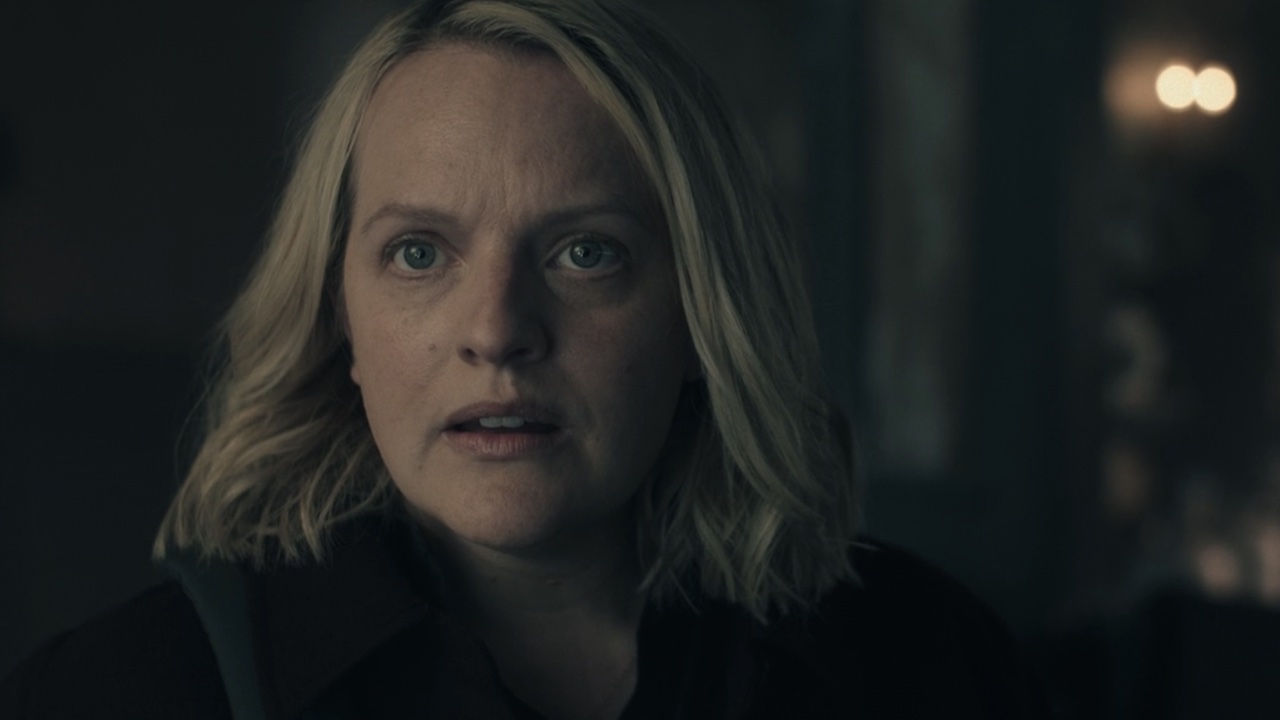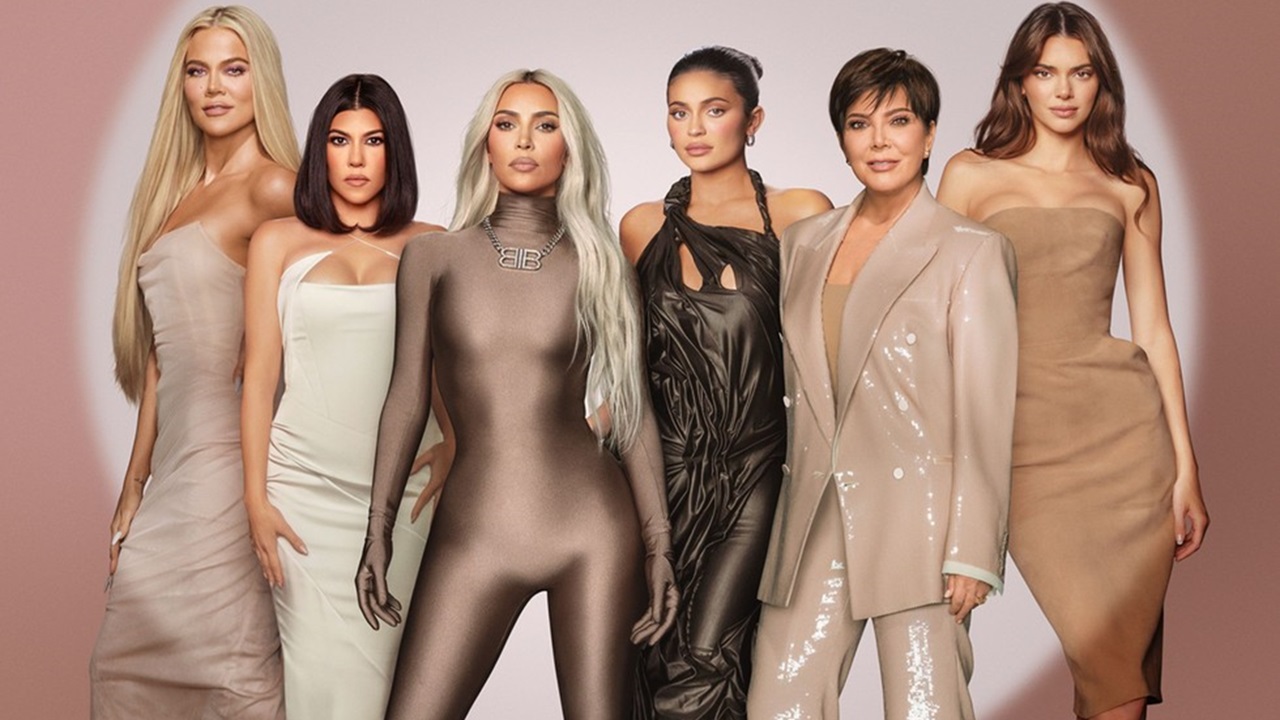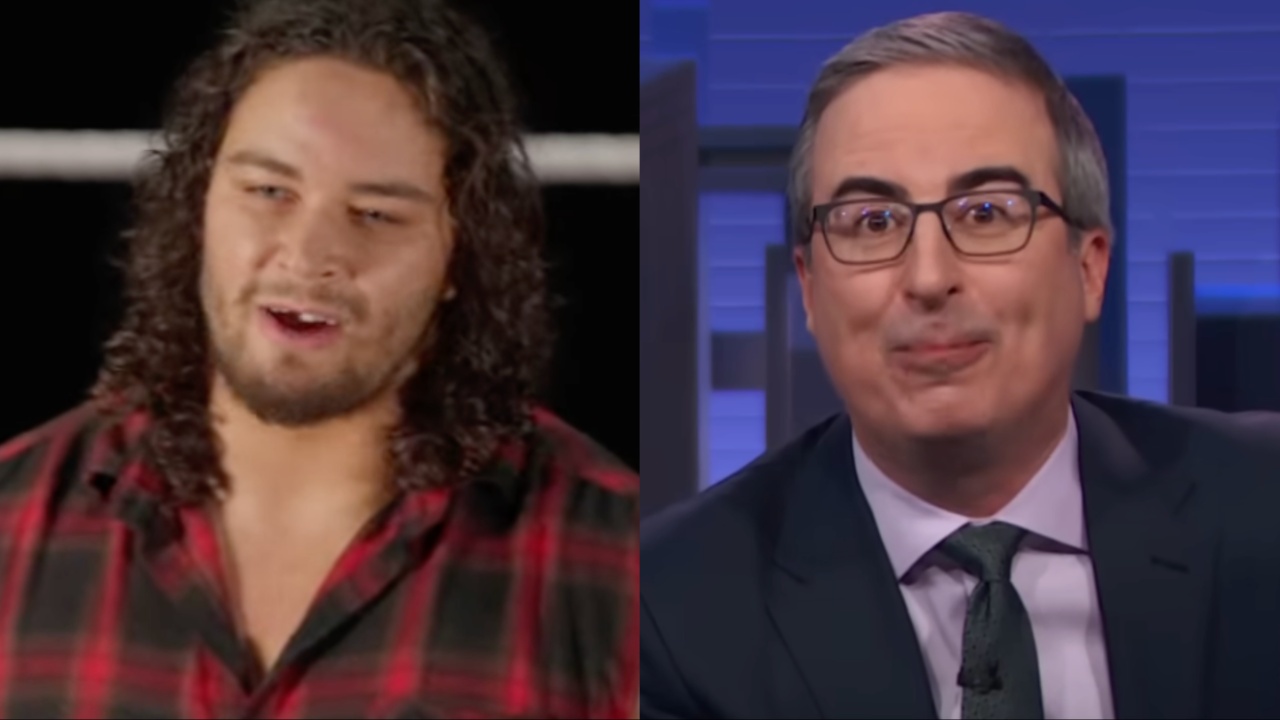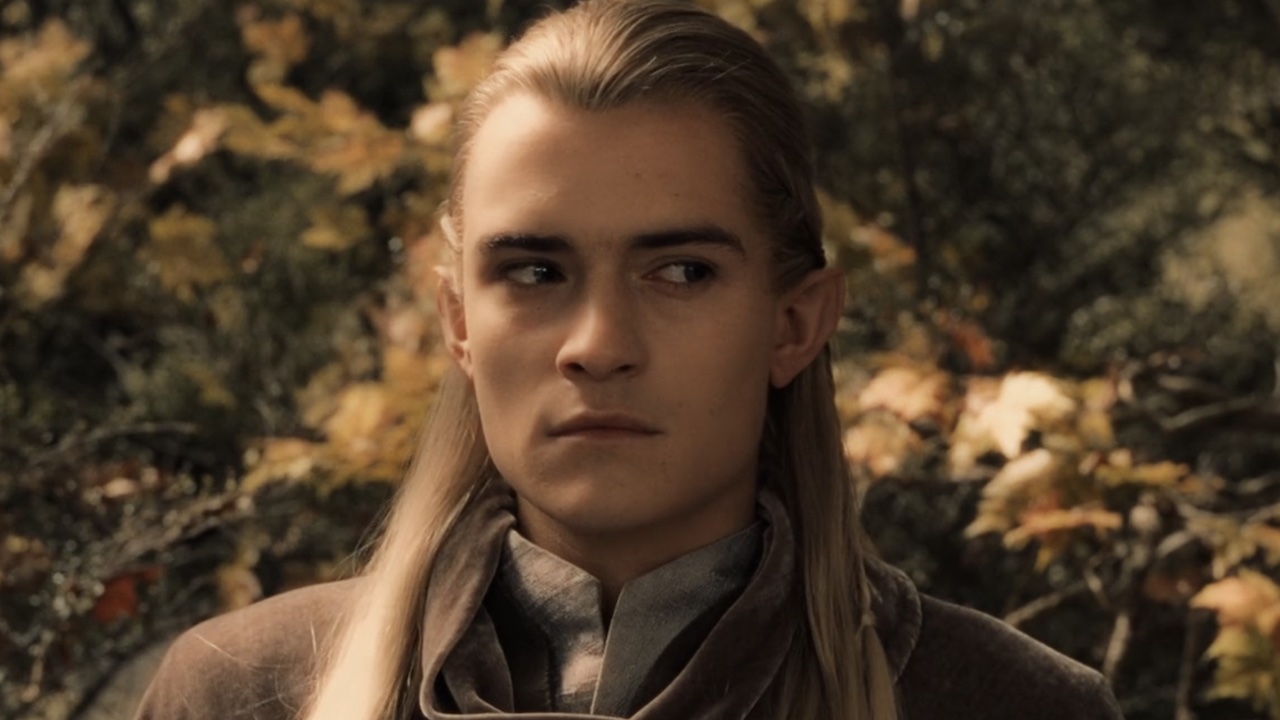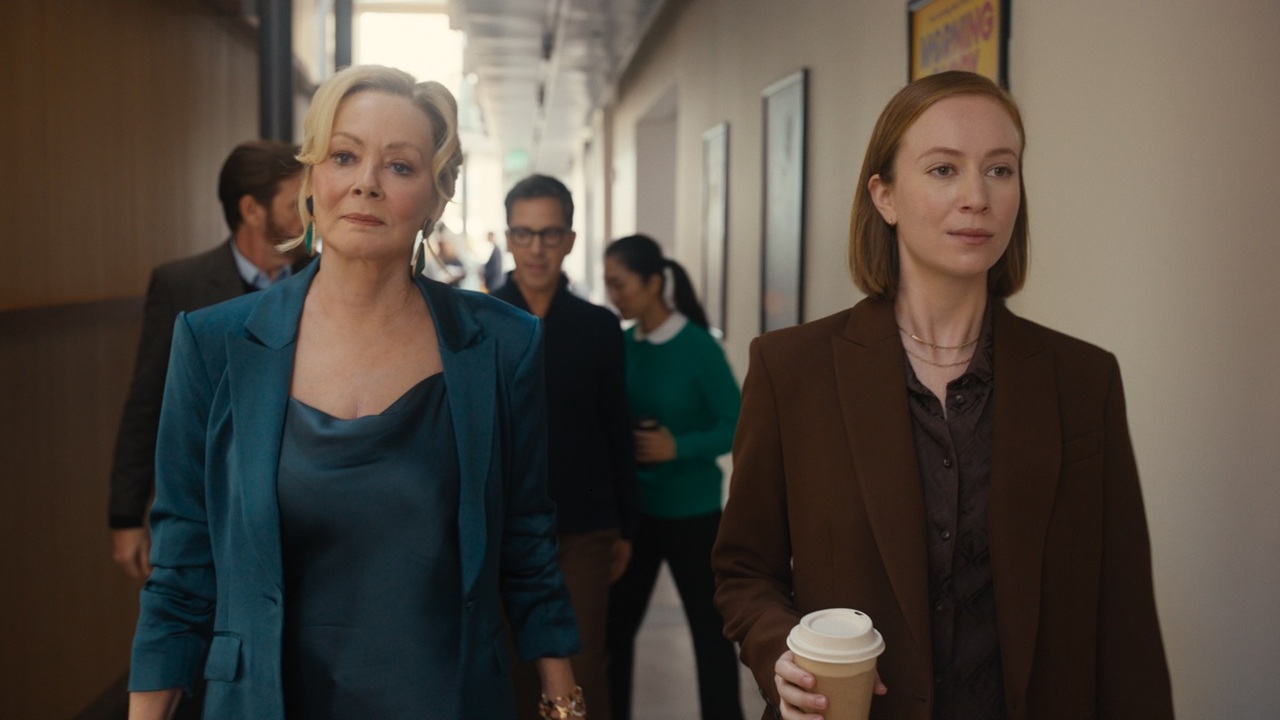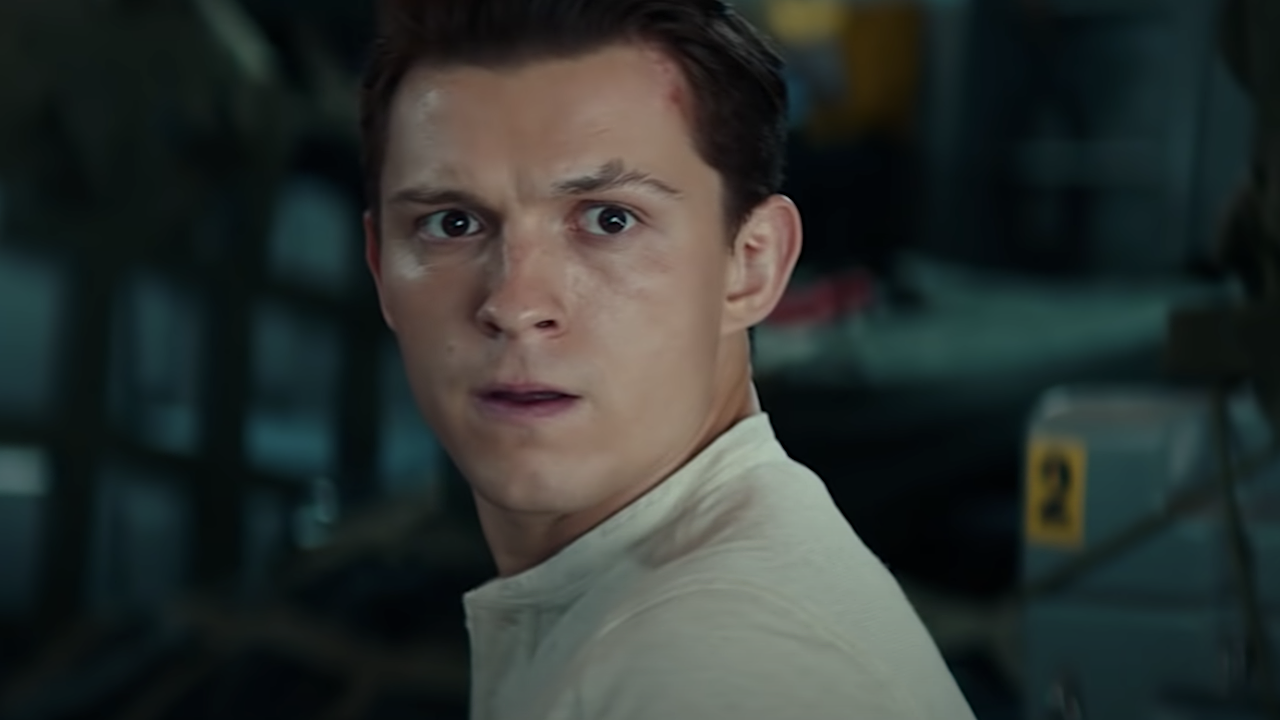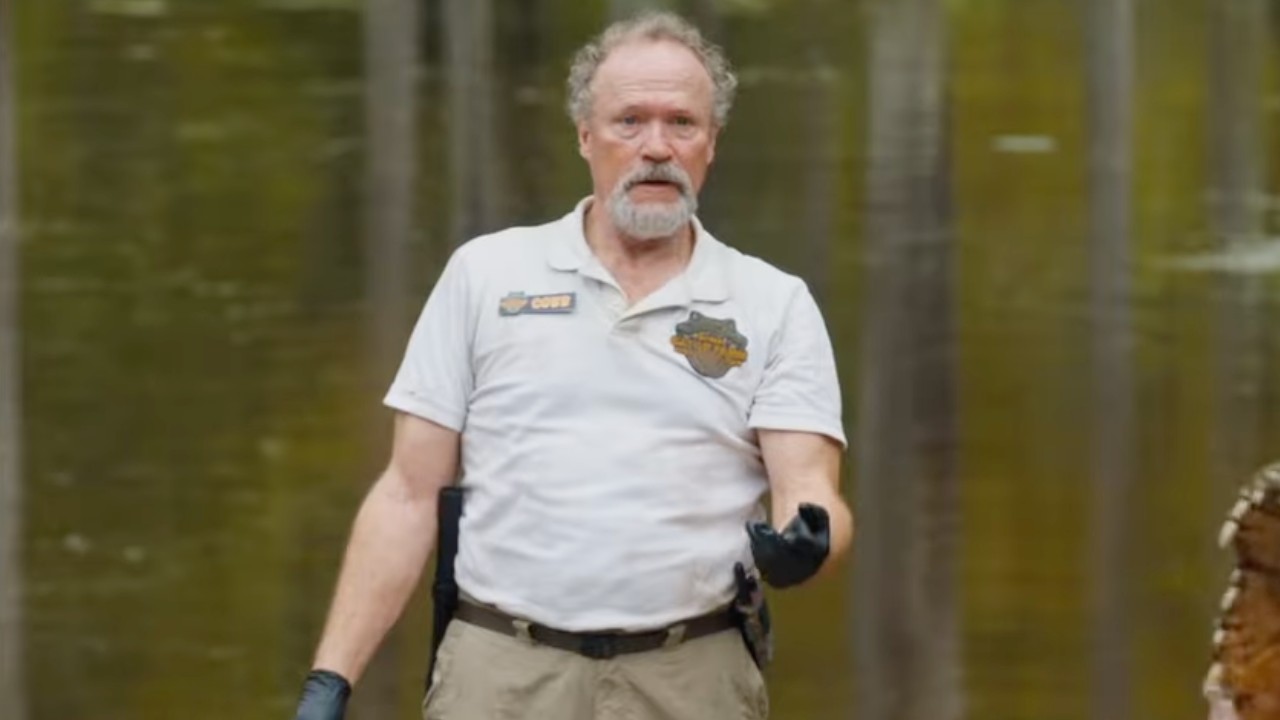How Dark Phoenix Totally Changed My Mind About The X-Men And Marvel Cinematic Universe Merger
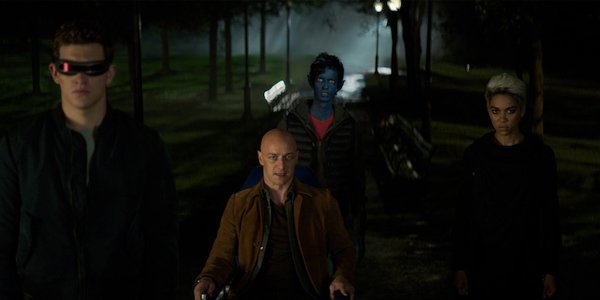
One of the most daunting tasks ahead for Marvel Studios is determining how the X-Men will be integrated into the Marvel Cinematic Universe. It’s a complication that has years of development strategy ahead of it, as it will likely be a minute before integration actually starts, but at the same time it’s also a complex enough problem that it will probably require all the time possible to come up with the right solution. After all, it’s an effort where there are many wrong avenues for the franchise to potentially take, and there will be only one opportunity to execute the move properly.
Personally, I’ve always been in favor of a straight merger. For all of its ups and downs over the years, the X-Men movie franchise as a whole is one of which I consider myself a fan, and not only would a straight merger offer a special way to preserve the continuity and some incredibly well-cast heroes, but it would also create an interesting and complicated prompt for the filmmakers at Marvel. With every kind of science-fiction and fantasy plot device at their fingertips, how could they make happen what would seemingly be an impossible transition?
For years my imagination has been stirred by the idea of the studio executing a massive, multi-picture adaptation of the 2015 Secret Wars event from the comics that would see the X-Men and the Marvel Cinematic Universe being depicted as specific parallel realities that would come together when all was said and done. It would be a way to firmly explain a pervasive existence of mutants all over Earth (which is among the biggest hurdles) and also permit necessary changes to the canon (much like how many characters changed after Secret Wars). It could be something special.
Now, however, my perspective has totally changed – and there is exactly one reason why: Simon Kinberg’s Dark Phoenix. The new movie is a tremendously weak (Read: the absolutely worst possible) ending to what is unquestionably one of the most influential franchises of the 21st century, but more importantly it leaves the continuity in such a state that I’m left feeling zero desire to see the Marvel Cinematic Universe even bother to try and pick up the pieces.
Obviously a lot of this extends from general disappointment in Dark Phoenix, but what makes the movie particularly unacceptable is the fact that it had a lot of opportunities that it simply squanders in important ways. This begins with the fact that it is supposed to be a film featuring a version of the classic X-Men team that has been operating for 10 years together – but nothing actually substantial comes from that cherry setup because of many unfortunate plot choices. It’s bad enough that Simon Kinberg entirely fails capitalize on this unity in any meaningful way (we get to see them execute exactly one mission together before finding themselves at odds), but he even makes things worse by having the end of the story shut down any possible further development for the ensemble by taking two incredibly important characters off the proverbial chess board: Professor X and Jean Grey.
Does the Marvel Cinematic Universe want to start their journey with the X-Men without the team’s most iconic leader, and minus a key heroine who has already gone through her most significant arc and is now for all practical purposes dead? Of course not.
Going further, by skipping over all of the team stuff in the film we never get a good read on what’s happening with any of the heroes that fans love – such as Storm, Nightcrawler, Quicksilver, and Beast – let alone get to know how they relate to one another (the exception being relationships previously established in past movies). Instead, we are just left guessing as to what the last decade of their lives have been like, and trying to just fill in the gaps to our own satisfaction.
CINEMABLEND NEWSLETTER
Your Daily Blend of Entertainment News
This is actually bad for plots in Dark Phoenix itself – the biggest example being the fact that there is no emotional buy-in for the relationship between these versions of Jean and Scott Summers. But it’s also just awful for the franchise in the big picture, as audiences have missed out on key years of these characters’ lives, and are left knowing nothing about them. There are so many unanswered questions and dangling plot threads now (did Quicksilver ever tell Magneto about the whole “you’re my dad” thing?), and it all exists in unrecoverable space because of the heavy-lifting it would require to bring back.
This is certainly a chunk of stupidity that the Marvel Cinematic Universe would be happy to flush in favor of just creating iterations purely of their own design. So instead of totally skipping over key developmental years for beloved mutant characters, we can see them play out on the big screen… as we should.
In a weird way, as bad as X-Men: Apocalypse was, the end of that film would have been a perfect launching point for the characters going into the Marvel Cinematic Universe, as all of the key players were introduced but not fully formed, and even wearing the most comic book-accurate costumes in the entire history of the X-Men movie franchise. Hell, there was even a tease of Mister Sinister that inspired some cool thoughts about the future, and could have even been used as a tool in the grand merger schemes. But instead all of that potential was just wasted in Dark Phoenix.
With the way things now stand, it’s clear that a straight merger between the X-Men franchise and the Marvel Cinematic Universe is not the way to go, and that semi-reboot is the better path (with that “semi” basically just representing Ryan Reynolds’ Deadpool and the collection of various characters from his series’ films). The rest of the slate should just be wiped clean, and this even includes fan favorites like James McAvoy’s Professor X – as their presence would probably just serve to be confusing for people. With this answer hopefully off the table, there obviously still exists the significant problem of making mutants on Earth a thing, but that actually seems kind of simple compared to cleaning up the mess that Dark Phoenix leaves behind.

Eric Eisenberg is the Assistant Managing Editor at CinemaBlend. After graduating Boston University and earning a bachelor’s degree in journalism, he took a part-time job as a staff writer for CinemaBlend, and after six months was offered the opportunity to move to Los Angeles and take on a newly created West Coast Editor position. Over a decade later, he's continuing to advance his interests and expertise. In addition to conducting filmmaker interviews and contributing to the news and feature content of the site, Eric also oversees the Movie Reviews section, writes the the weekend box office report (published Sundays), and is the site's resident Stephen King expert. He has two King-related columns.
